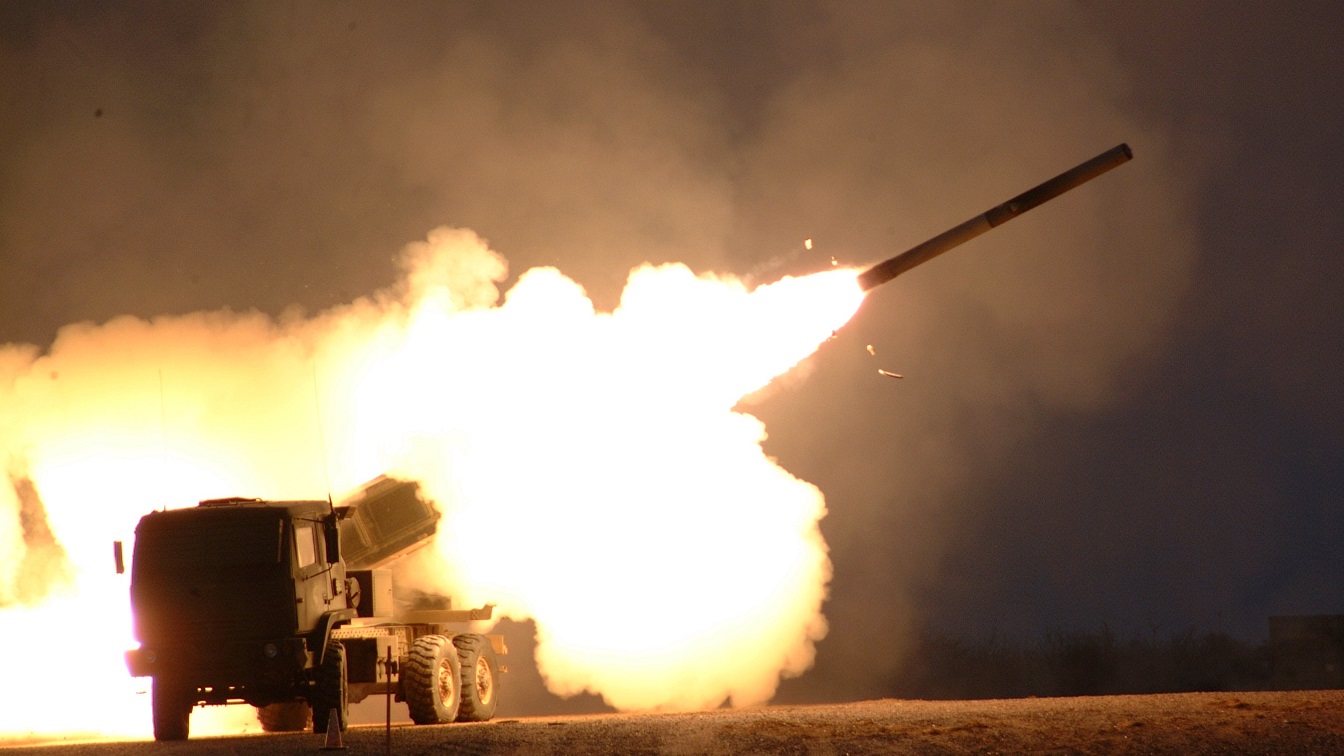U.S. President Joe Biden’s recent decision to supply Ukraine with cluster munitions caused controversy at home and abroad.
Critics accused Biden of striking an unnecessary blow against the movement to abolish cluster munitions.
Arms control activists and human rights groups have long regarded these weapons as inherently indiscriminate, inhumane weapons that have no place on modern battlefields. Even the president, it seems, was deeply conflicted over the decision.
To be clear, what the United States has done is entirely legal under international law. This is because Washington is not bound by the terms of the Convention on Cluster Munitions (CCM), the treaty established in 2008 to prohibit the use of cluster bombs. There are 111 states that have fully ratified the CCM, plus 12 signatories who are not bound by its terms but are obliged not to impede its implementation by others. The United States and Ukraine are not among these nations. For that matter, neither is Russia.
It makes little sense, then, to argue that Biden has weakened international law with the bare act of sending cluster munitions to Ukraine. These weapons are legal in the United States, sought after by Ukraine, and used extensively in the present war. How can the U.S. government be guilty of weakening an international legal instrument that does not even apply to it?
Compelling, Harmful Arguments
Indirectly, however, the past few weeks have probably weakened the campaign to abolish cluster munitions. The arguments made to justify Biden’s decision — sometimes by U.S. officials, but also by military experts and pro-Ukraine commentators — take aim at the case for banning cluster bombs. If world leaders internalize and regurgitate these talking points, the CCM could fall into serious jeopardy.
One common argument was that Ukraine should be given cluster munitions for the straightforward reason that it might lose the war without them. Such instrumental reasoning appealed to people in the West who have a strong and understandable desire to see Ukraine triumph over its Russian invaders. But some commentators went so far as to frame cluster munitions as a more humanitarian option, using utilitarian logic to suggest that fewer Ukrainian soldiers would die if armed with cluster munitions than if they were left to rely on unitary munitions. From this view, opponents of cluster munitions are guilty of rank inhumanity. Why would anyone want to condemn more Ukrainians to their graves?
Another popular argument was that Ukraine should be free to use whatever munitions it pleases on its own soil. If leaders in Kyiv are willing to litter their towns and countryside with unexploded ordnance from cluster bombs in pursuit of military victory, what right do outside powers have to stop them from doing so? This is a question of national sovereignty, not universal principles.
Finally, some have argued against limiting Ukraine’s arsenal because of the nature of the present war. Kyiv is fighting a defensive war of national survival, one foisted on Ukrainians by an imperialist Russian leader and already marked by terrible war crimes and perhaps genocide. Given the unique horrors of this war, the argument goes, it is bizarre that outsiders would draw the line at cluster munitions.
Even if some of these arguments are compelling from a rhetorical standpoint, they lack merit from the perspective of arms control advocates. This point cannot be emphasized strongly enough: If any of the arguments outlined above were accepted as a legitimate justification for violating one arms control regime, it would call all arms control regimes into question.
Norms Degraded Struggle to Recover
After all, the whole point of arms control is that some weapons of war are so terrible that they must never be used in anger, no matter how strong the case and the temptation. People in the West might sympathize with Ukraine, detest Putin’s illegal invasion, deplore the tactics used by Russia’s military, and fully support Ukraine’s sovereignty and territorial integrity, but none of these things should displace their commitment to the basic principles of arms control.
The only way that someone can justify the use of cluster bombs in Ukraine without repudiating arms control in general is to argue that the CCM is a mistake. To make that argument is to oppose the entire campaign to abolish cluster munitions. This is, in fact, what some analysts have done. A much-cited RUSI article by Jack Watling and Justin Bronk, for example, lays out the case for why cluster munitions should be regarded as normal weapons of war.
This is a reasonable position to hold. Analysts who are clear and open about their opposition to the CCM should be applauded for their honesty. But it is important that everyone understands the implications of their arguments. There is a real risk that, once the war in Ukraine is over, some of the 123 state parties and signatories to the CCM will reconsider their positions after being told by a vocal profusion of defense analysts, military experts, and political leaders that cluster munitions are an essential military technology that save lives and end wars.
This is why Charli Carpenter might have erred when she wrote that “whatever reputational impact this decision has will likely fall on the parties themselves for violating the norm, not on the norm itself.” On the contrary, there is abundant evidence that the norm against cluster munitions has been called into question in recent weeks. It may never recover.
Dr. Peter Harris is an associate professor of political science at Colorado State University, a non-resident fellow at Defense Priorities, and a contributing editor at 19FortyFive.
From 19FortyFive
The Second American Civil War Has Begun

